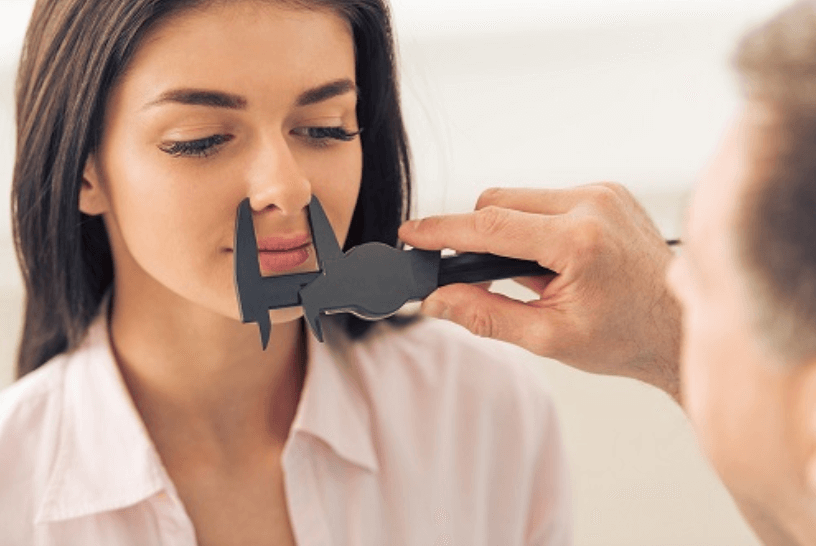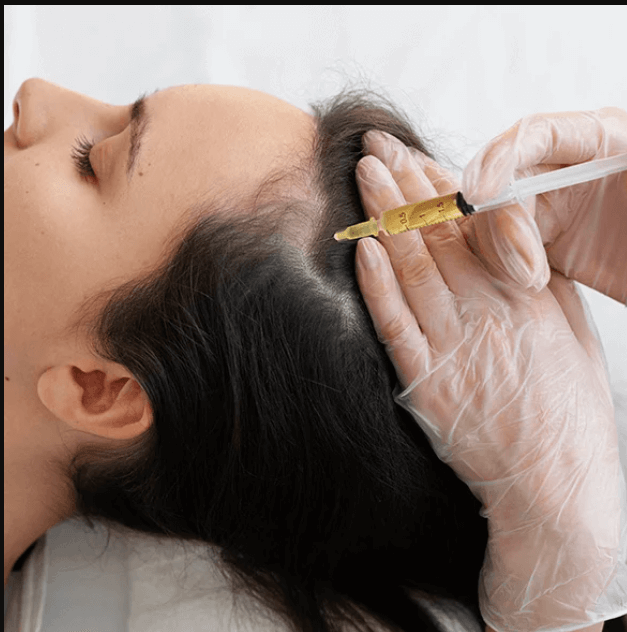When Should I Get Cosmetic Surgery?
Choosing the right timing for cosmetic surgery involves looking at your physical health, upcoming plans, and your ability to commit to the necessary recovery period. Some procedures require follow-up appointments or temporary activity restrictions. Your plastic surgeon can help you understand these requirements and plan ahead to enhance your experience. Here are some factors to evaluate when scheduling cosmetic surgery:
Health Stability
Before surgery, make sure you’re in stable health. Certain medications or unmanaged conditions may affect your ability to undergo procedures safely. This includes conditions like high blood pressure, uncontrolled diabetes, or bleeding disorders. Review your medical history with your surgeon to identify any potential risks that are associated with your procedure. Listen to their assessment of whether this is the right time based on your current health. They may recommend waiting until you’re in better condition to promote a safer surgery and smoother healing process.
Weight Consistency
Your weight can affect the outcome of body and facial procedures. Significant weight changes after surgery may undo some of the results. Gaining or losing weight can lead to excess skin, uneven fat distribution, or altered contours. Use the months before surgery to reach or maintain your ideal weight through balanced nutrition and a personalized exercise routine. Having a body mass index (BMI) of less than 30 may also be recommended.
See also: How a Local NDIS Provider Can Transform Your Care Plan
Lifestyle Plans
Evaluate any significant life changes coming up, such as pregnancy, travel, or relocating. Events like these may affect your surgical timing and results. If you’re planning a pregnancy soon, waiting until after childbirth can be more practical. Pregnancy causes body changes that may alter the results of procedures like liposuction or breast augmentation.
Let your surgeon know about any upcoming moves, trips, or job changes that could interfere with your recovery. They can help you adjust your surgery date to fit your future plans. If your job requires heavy lifting, wait until you are able to take time off for a thorough recovery. Limit alcohol and tobacco use pre- and post-surgery. Busy social calendars can also complicate recovery, so you may choose to delay procedures until your schedule allows for proper rest. Planning ahead allows you to follow post-operative instructions more closely and give your body the time it needs to heal.
Recovery Requirements
Recovery time varies depending on the type of cosmetic surgery, but be prepared for a period of rest. Confirm that you have sufficient time off work, school, or family obligations to focus on healing. Returning to regular activities too soon may slow down recovery and affect your results. Rest, proper wound care, and follow-up appointments are key parts of the healing process. Arrange for someone to help you during the first few weeks after surgery; they can assist with driving, household tasks, and personal care as you recover.
Prepare for Cosmetic Surgery
Evaluating the factors that influence surgical success ahead of time can help you choose the right moment. Assess your health, support system, and lifestyle demands to plan your surgery when conditions are most favorable. This proactive approach may minimize risks and enhance recovery. Consult with experienced, board-certified cosmetic surgeons to determine the ideal timing and approach for your individual needs.






